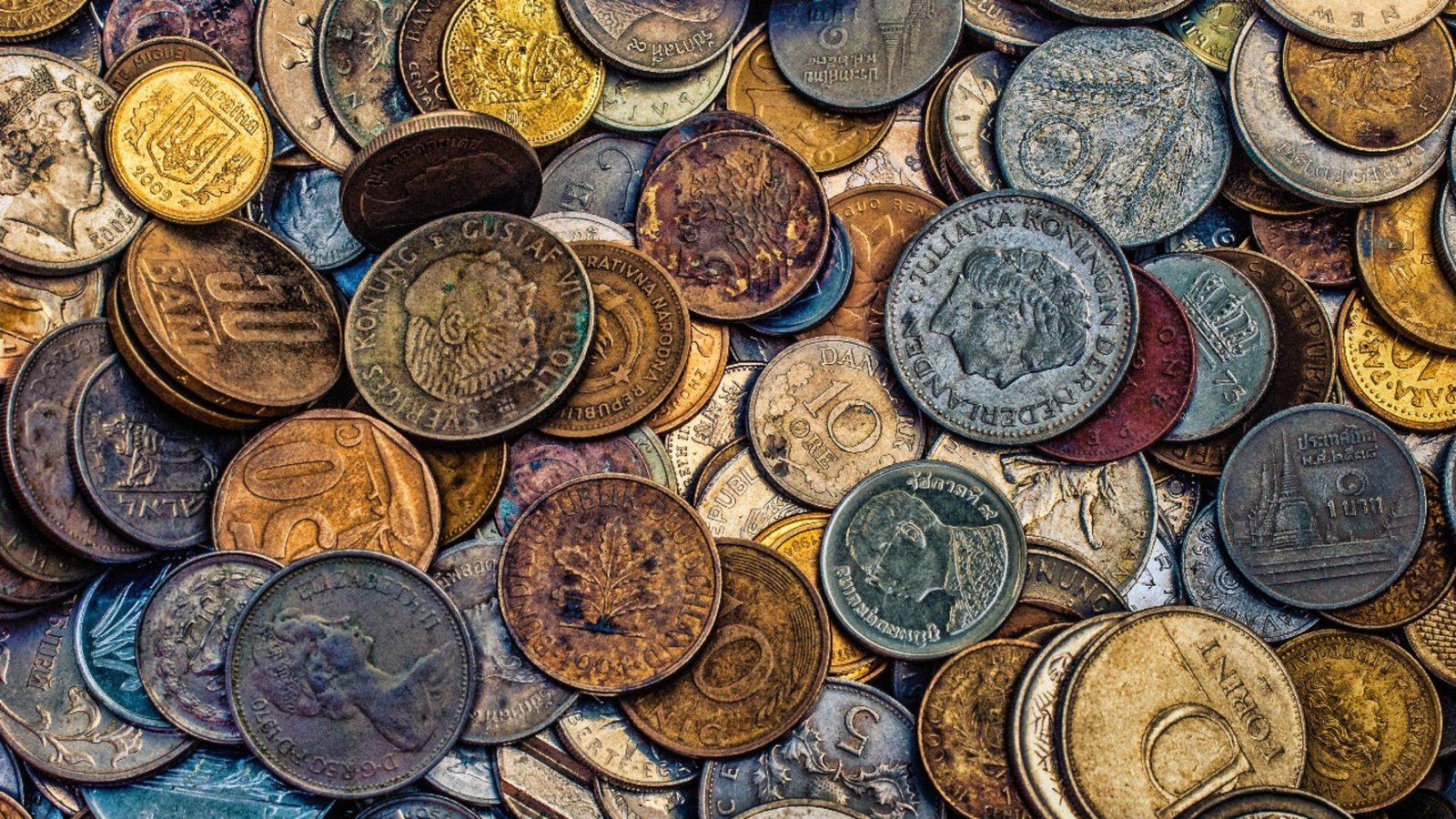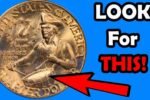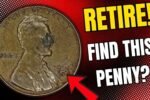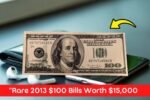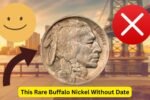Top 9 Rare Coins Wanted By Collectors : Rare coins spark excitement in collectors worldwide. These tiny pieces of history tell stories of empires, economies, and artistry. Whether you’re a seasoned numismatist or just curious, this guide unveils the top 9 rare coins collectors crave, why they’re so valuable, and how to start your own hunt.
What Are Rare Coins?
Rare coins are more than old money. They’re scarce, historically significant, or uniquely designed pieces that captivate collectors. Factors like minting errors, limited production, or cultural importance make them special. For hobbyists, owning a rare coin feels like holding a piece of the past.
A Brief History of Rare Coins
Coins have been around for over 2,500 years, starting with ancient Lydia’s electrum pieces. Over time, minting errors, limited runs, or historical events—like wars or economic shifts—created rarities. For example, coins from short-lived rulers or discontinued mints became collector’s gold. Today, numismatics blends history, art, and treasure hunting.
Why Rare Coins Are Valuable Today
Rare coins are prized for their scarcity, condition, and historical significance. Collectors value them as investments, often fetching millions at auctions. Their beauty, from intricate designs to gleaming metals, adds allure. Plus, they’re tangible links to history, making them irresistible to enthusiasts and investors alike.
Top 9 Rare Coins Collectors Want
Here’s a rundown of the nine most sought-after rare coins, each with a unique story and jaw-dropping value.
This gold coin, designed by Augustus Saint-Gaudens, is legendary. Most were melted during the Great Depression, but a few survived. One sold for $18.9 million in 2021, making it the priciest coin ever auctioned.
1913 Liberty Head Nickel
Only five exist, struck in secret at the Philadelphia Mint. Its rarity and mystery drive its value—up to $4.5 million. Collectors dream of owning this elusive piece.
1804 Silver Dollar
Known as the “King of American Coins,” only 15 exist. Minted as diplomatic gifts, they’re worth millions today. Their intricate design and history make them iconic.
1894-S Barber Dime
With only 24 minted and nine known today, this dime is a numismatic unicorn. Valued at over $1.9 million, it’s a tiny treasure with a big reputation.
1794 Flowing Hair Silver Dollar
America’s first silver dollar, symbolizing a young nation’s ambition. Its finest example sold for $10 million. Collectors chase its historical weight and stunning design.
1969-S Lincoln Cent with Doubled Die
This penny’s dramatic minting error—doubled text—makes it a collector’s gem. Top-grade examples fetch $100,000 or more. It’s proof even common coins can be rare.
1870-S Seated Liberty Dollar
Only one is known to exist, housed in a private collection. Valued at over $1 million, its rarity and mystery captivate numismatists worldwide.
1838-O Capped Bust Half Dollar
With just nine known examples, this coin from the New Orleans Mint is a Southern rarity. It can sell for $500,000 or more in top condition.
1943 Bronze Lincoln Penny
A wartime error led to a few bronze pennies being minted instead of steel. Worth up to $1 million, they’re a collector’s holy grail.
| Coin | Year | Estimated Value | Key Feature |
|---|---|---|---|
| Saint-Gaudens Double Eagle | 1933 | $18.9M | Most were melted |
| Liberty Head Nickel | 1913 | $4.5M | Only five exist |
| Silver Dollar | 1804 | $4M+ | Diplomatic gift |
| Barber Dime | 1894-S | $1.9M | Only nine known |
| Flowing Hair Dollar | 1794 | $10M | First U.S. dollar |
| Lincoln Cent Doubled Die | 1969-S | $100,000+ | Minting error |
| Seated Liberty Dollar | 1870-S | $1M+ | One known example |
| Capped Bust Half Dollar | 1838-O | $500,000+ | Nine known |
| Bronze Lincoln Penny | 1943 | $1M | Wartime error |
How to Start Collecting Rare Coins
Ready to dive into coin collecting? Here’s how to begin:
- Research: Learn about coin history, grading, and market trends. Books like The Red Book are great starters.
- Budget: Start small with affordable rarities, like error coins, and scale up as you learn.
- Buy from Reputable Dealers: Use trusted sources like Heritage Auctions or PCGS-certified sellers to avoid fakes.
- Store Safely: Keep coins in protective holders to preserve condition.
- Join Communities: Connect with local coin clubs or online forums to share tips and finds.
Notable Facts About Rare Coins
- The most expensive coin ever sold is the 1933 Saint-Gaudens Double Eagle at $18.9 million (Sotheby’s, 2021).
- The U.S. Mint once seized “illegal” 1933 Double Eagles, adding to their mystique.
- Error coins, like doubled dies, can turn a penny into a six-figure treasure.
- Only 1% of coins are considered “rare” due to strict grading standards.
| Fact | Details |
|---|---|
| Highest Auction | $18.9M for 1933 Double Eagle |
| Rarest U.S. Coin | 1870-S Seated Liberty Dollar (1 known) |
| Common Error Coin | 1969-S Doubled Die Penny ($100,000+) |
| Oldest U.S. Coin | 1794 Flowing Hair Dollar |
Expert Tips for Coin Collectors
- Focus on Condition: Coins graded MS-65 or higher by PCGS or NGC fetch top prices.
- Authenticate Always: Use professional grading services to verify authenticity.
- Track Auctions: Follow major auction houses like Sotheby’s or Heritage for rare coin sales.
- Diversify Your Collection: Mix U.S. and world coins to broaden your portfolio.
- Stay Patient: Rare coins take time to find—don’t rush into overpriced deals.
Frequently Asked Questions (FAQs)
Q: Why is the 1933 Double Eagle so valuable?
A: Only a few of these $20 gold coins escaped destruction after the U.S. left the gold standard. One sold for over $18 million in 2021, making it the most expensive coin ever sold.
Q: What makes this the “Holy Grail” of American coins?
A: It’s considered the first silver dollar struck by the U.S. Mint. With its historical significance and limited number, it fetched over $10 million at auction.
Q: How rare is the 1913 Liberty Nickel?
A: Only five known specimens exist. Its mystery and rarity make it a legendary collector’s piece. One example sold for nearly $5 million.
Q: Was this coin really made in 1804?
A: Ironically, no. These “Class I” coins were minted in the 1830s for diplomatic gifts. Their unusual backstory and extreme rarity (15 known) drive high demand.
